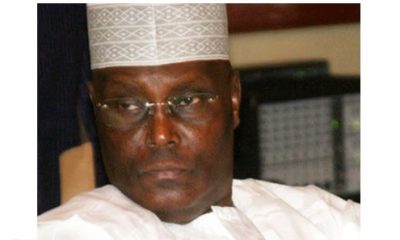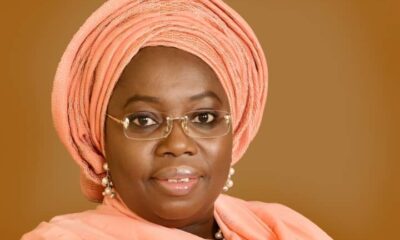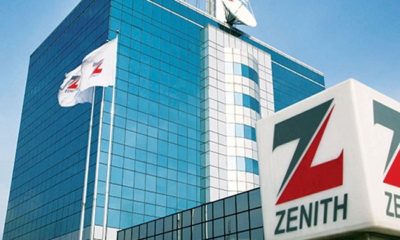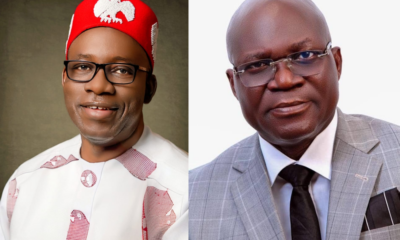Opinion
Local Government Autonomy: Learning From OUK’s Exemplary Model By Uche Aguoru
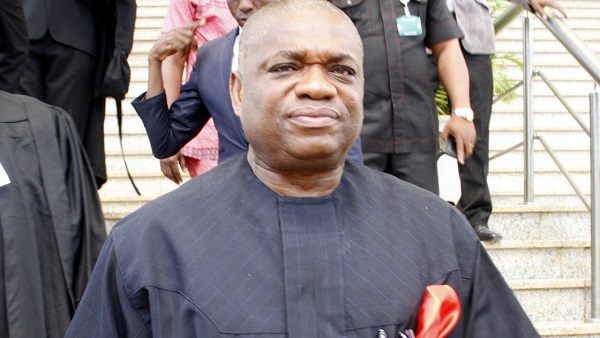
Local government administration forms the foundation of governance, acting as the closest level of authority to the general populace and overseeing community development and activities. The concept of local government predates colonialism, with pre-existing administrations in Nigeria assimilated into the British indirect rule system during colonial rule for streamlined governance.
However, in contemporary Nigeria, local government administration is plagued by extensive fraud, corruption, and developmental stagnation, primarily due to constitutional exploitation by governors that allows them joint access to local government funds, resulting in the misappropriation of resources earmarked for local development.
The Caretaker Committee System has been identified as a facilitator of official corruption and the exploitation of local governments. As a response, the Tinubu administration sought to annul the Caretaker system through legal action and establish full autonomy for the local government system. The Apex Court’s affirmation of the complete financial autonomy of local government administration and the declaration of Caretaker Committees as illegitimate marked a significant shift. However, some governors are actively seeking alternative methods to siphon local government funds.
In the wake of the recent revolution in Local Government Autonomy spurred by the Apex Court ruling, states are mandated to conduct local government elections. Consequently, it becomes imperative to thoroughly examine and adopt the model set forth by former Governor Orji Uzor Kalu (OUK).
The OUK model engendered social and economic development, bolstered inclusive democratic participation, and facilitated the provision of essential amenities. Under this model, councilors efficiently established and maintained tailored services and utilities to address the fundamental needs of the populace and promote rural security and development, it also enhanced the intensity of inclusive democratic participation and awareness.
Under the OUK model, we saw councilors effectively and efficiently establish and maintain services and utilities that cater to the basic needs of the people, they construct markets, provide boreholes, rehabilitate schools, and provide learning facilities in schools based on local circumstances, it was designed to stimulate consolidation and reinforcement of rural security, development, unite and bring government closer to the people.
The OUK model ensured the effective and efficient utilization of funds intended for local government development without embezzlement. Orji Kalu recognized the benefits of empowering councilors and granting council chairmen unfettered access to funds while upholding measures for oversight and accountability.
The council chairmen created employment for their people, through the Universal Primary Education (UPE) policy, they paid teachers salaries, gave car loans to teachers, and maintained the schools, they also took care of the welfare and salaries of traditional rulers and local government staff promptly, they embarked on rural electrification and maintenance by the provision of transformers, electric poles, etc. that ensured sustained power generation within the rural communities, they also constructed, rehabilitated and furnished town halls and embarked on other developmental projects including road rehabilitation, maintenance and reconstruction.
Orji Kalu’s administration was fully compliant with local council autonomy and should serve as a standard model if we are truly honest about strengthening the LG administration and making it work for the people. he understands the benefits of empowering the council administration with unfettered access to their funds to take care of the developmental needs of their immediate communities while establishing checks and controls that will mandate them to attend to their electoral promises and initiate developmental projects based on the needs of the rural communities
Within the OUK model, local governments exercised control over revenue within their locality, enabling access to increased funds to address community needs. Notably, this administration achieved an impressive record, serving as a meritorious model for fortifying local government administration.
Aguoru
Is a Public Affairs Analyst



